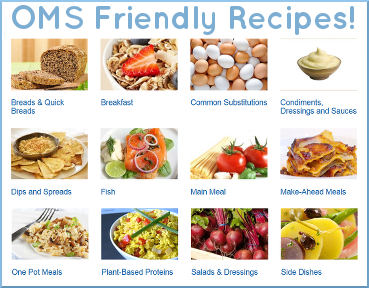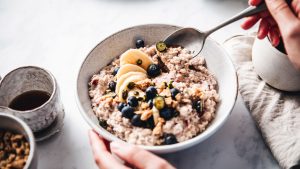
How to eat well to limit the relapses of multiple sclerosis ?
Multiple sclerosis is an autoimmune disease. The body’s own immune cells attack the myelin sheath. This results in a particularly disabling nervous expectation on a daily basis.
In addition to allopathic therapeutic protocols, there is a food approach that reduces the intensity and frequency of crises. Focus on nutrition for multiple sclerosis.
Understand the link between multiple sclerosis and nutrition
Currently, scientists have not yet understood the entire process of appearance of multiple sclerosis, but they continue their research to find out more about the disease.
However, they have managed to isolate certain data which suggest that food could have a role not only in appearance, but also in the development of multiple sclerosis.
On the one hand, scientific data seem to show that the deficit in vitamin D, selenium and iodine could be one of the trigger factors. The same goes for the excess of saturated lipids or “trans” lipids.
On the other hand, the same scientific data seem to demonstrate that the regular consumption of fish, whole cereals and certain vegetable proteins has a protective role.
According to scientists, this is explained by the fact that the myelin sheath is mainly constituted by omega 3.
The bases of the diet for multiple sclerosis
Far from the pseudo-regimes that abound on the web, there is a food rebalancing which can bring relief to people who suffer from multiple sclerosis. This must obviously be developed by a dietitian or a nutritionist so that he scrupulously respects the organization’s needs.
In a global way, it is possible to say that the basic diet which helps to mitigate multiple sclerosis must be free from empty calories. He must therefore contain neither fast sugars nor bad fat. In addition, it must be rich in omega 3, vitamin D and of course antioxidants.
The dominant is therefore given to fish and plants.
Basically, the directives of this diet are:
- Reasonably eat, that is, not exceed your calorie needs;
- Choose foods mainly containing good fats, that is to say flee saturated fatty acids and “trans” fatty acids;
- Avoid milk and gluten if it turns out that they cause pain or relapses;
- Adopt a mainly vegetable diet;
- have a diet rich in micronutrients, or take food supplements.
Foods to banish
If certain foods are beneficial to fight against evil, d’others, however, seem to’aggravate. For better pain management, people with the disease take care to limit or even proscribe:
- Gluten, all the more so for patients whose intestinal wall is damaged and for which gluten then brings a chronic inflammatory state;
- saturated or “trans” fatty acids which decrease the quality of cell membranes, which accelerate the destruction of the myelin sheath and which are favorable to a chronic inflammatory state.
Multiple sclerosis is an increasingly frequent disease. Notwithstanding progress in medicine, adequate lifestyle can help patients relieve their symptoms.


